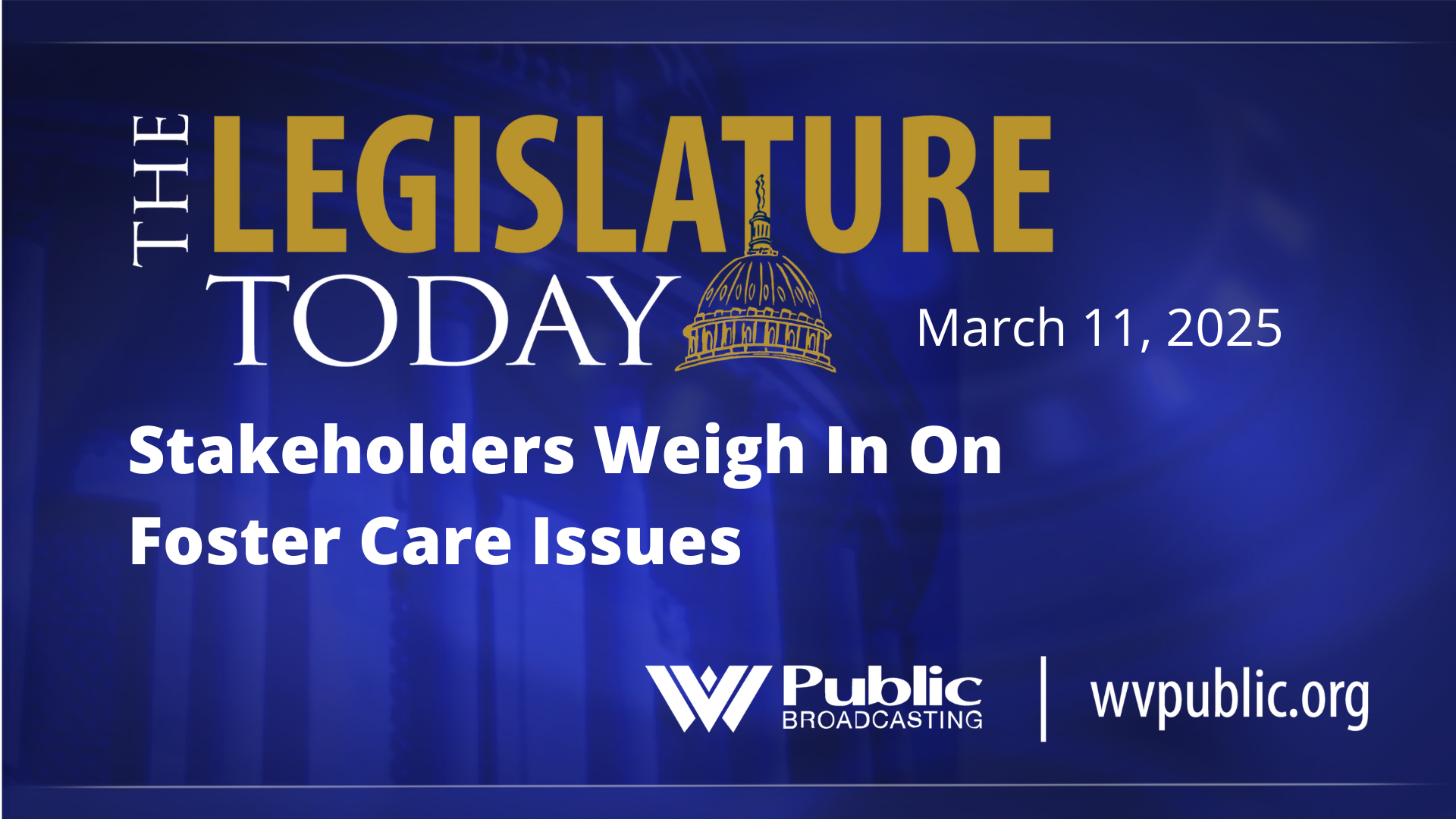It is not uncommon for lawmakers to reintroduce a bill one year that failed the previous year, especially when that bill progressed out of at least one chamber. Education committees on both sides of the Capitol have focused on such bills to start this year’s session.
Monday afternoon the House Education Committee discussed House Bill 2187, which would permit teachers in K-12 schools to carry concealed firearms as a designated school protection officer (SPO). It is a reworked version of last year’s House Bill 4299, which passed the House but failed to move out of committee in the Senate.
Currently, West Virginia residents including teachers are prohibited from bringing guns onto school property, regardless of whether they have a permit.
The bill’s sponsor, Del. Doug Smith, R-Mercer, said the need exists for protection at schools with limited resources.
“It’s for schools in my district. Every elementary school in my district has no resource officer,” he said. “Teachers would like to be able to protect themselves, and the reality of it is, there’s not enough funding to pay for it all for every school across the state. That’s the reality.”
The bill designates an entire section to the training requirements for SPOs, including four hours of scenario-based or simulated training exercises, in addition to tactical live firearms training.
Del. Anitra Hamilton, D-Monongalia, spoke to the potential personal trauma a staff member may endure.
“Because most mass shootings that take place in schools are done by students, will these teachers also get training in the event that a mass shooting takes place and they have to shoot their student?” she asked.
Smith responded that active shooter training was a requirement, including responding to casualty situations with interventions like “Stop the Bleed.”
Del. Mike Pushkin, D-Kanawha, expressed a concern shared by law enforcement groups that have opposed similar bills. He said having more armed individuals in schools could further complicate a potential active shooter situation for first responders.
“They’re going to have to go to this list and be like, ‘Okay, at this school, we’ve got 10 teachers that might be walking around with guns too, while we’re looking for an active shooter. We have these 10 other possible people,’” Pushkin said. “‘We just had their name. We don’t know what they look like.’”
The issue of students gaining access to a teacher or staff member’s weapon has been a point of concern for several years with similar bills, and came up again Monday afternoon.
Jim McJunkin, a retired critical care pediatrician, spoke to the committee as part of the committee’s public hearing. He recounted his personal experience of treating a child permanently injured by the negligent discharge of an unattended gun before discussing the need for preventative measures rather than more firearms.
“We believe in that primary prevention is very important, which includes secure school entry ways, threat assessment, suspicious activity reporting, mental health access and safe storage education for safe storage of guns at home,” McJunkin said.
McJunkin pointed out that secure entryways for schools are required in code. But schools across the state struggle to comply with the mandate, an issue that lawmakers have followed during interim meetings this past fall.
As part of the new House committee procedure, the Monday meeting was merely a committee hearing and no action was taken on the bill. House Bill 2187 is not on the committee’s agenda for its next meeting Wednesday.
Senate Education
Monday the House of Delegates passed another school safety bill, House Bill 2515, which would give teachers from kindergarten to grade six the ability to remove students from their classroom for extreme disciplinary issues.
A very similar bill originated in the Senate last year, and Tuesday morning the Senate Education Committee discussed Senate Bill 199, their own version of that elementary level disciplinary bill.
Sen. Mike Oliverio, R-Monongalia, said the issue is worth so much attention because of the experiences shared by educators that have dealt with violent students.
“We’ve talked to teachers who have been stabbed, who have been beat up and bruised,” he said. “We’re really trying to address this issue, primarily with a lot of love to these students, because we understand these students are in a very difficult place, maybe difficult environment.”
He said the bill will not only help the students causing the issues, but their classmates and educators as well who are having their learning environment disrupted by outbursts.
Like its counterpart in the House, the bill calls for school counselors, social workers, and psychologists to conduct assessments for students exhibiting violent or threatening behavior. Students removed from their classroom would be placed on a behavioral plan for two weeks, with reevaluation and potential referral to a behavioral intervention program if progress is insufficient.
Senate Education Chair Sen. Amy Grady, R-Mason, the bill’s sponsor, said she delayed introducing the bill several times to make sure it was the best version it could be.
“It could be better. Definitely funding could be better. Definitely having more behavioral interventionists would be great. We just don’t have those things right now,” Grady said. “This gives teachers, I think, something they can start with and something they can do to begin with, and then we can move towards a more perfect solution in the future.”
The bill was advanced to the full Senate with the recommendation it pass.
